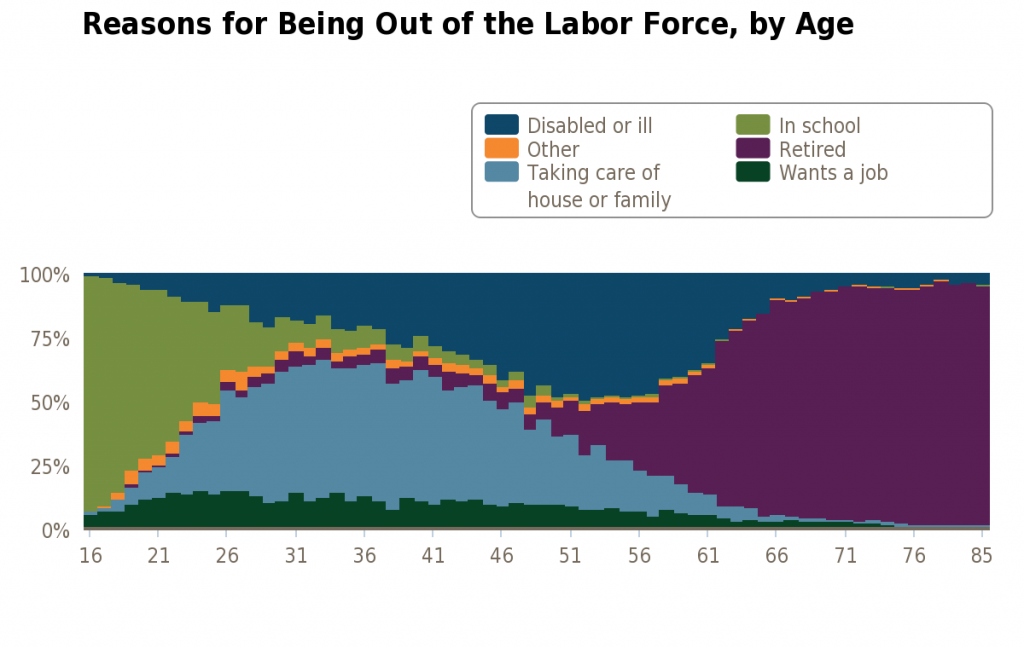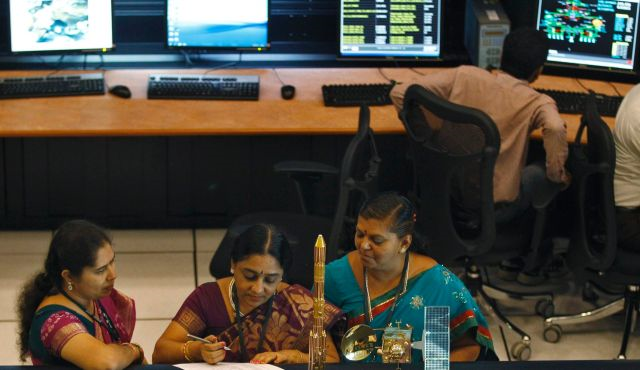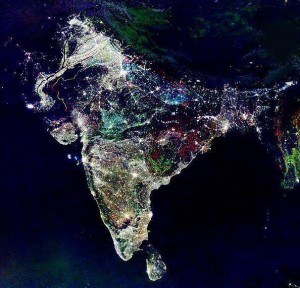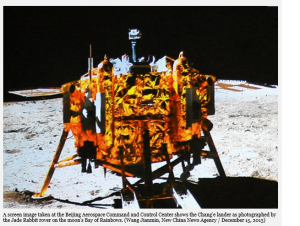US Economy and Social Issues
Reasons for Declining Labor Force Participation
 Vital Signs: Still No Momentum in Business Spending
Vital Signs: Still No Momentum in Business Spending
Urban Institute Study – How big is the underground sex economy in eight cities employs an advanced statistical design. It’s sort of a model study, really.
Americans Can’t Retire When Bill Gross Sees Repression
Feeble returns on the safest investments such as bank deposits and fixed-income securities represent a “financial repression” transferring money from savers to borrowers, says Bill Gross, manager of the world’s biggest bond fund.
Robert Reich – The New Billionaire Political Bosses
American democracy used to depend on political parties that more or less represented most of us. Political scientists of the 1950s and 1960s marveled at American “pluralism,” by which they meant the capacities of parties and other membership groups to reflect the preferences of the vast majority of citizens.
Then around a quarter century ago, as income and wealth began concentrating at the top, the Republican and Democratic Parties started to morph into mechanisms for extracting money, mostly from wealthy people.
Finally, after the Supreme Court’s “Citizen’s United” decision in 2010, billionaires began creating their own political mechanisms, separate from the political parties. They started providing big money directly to political candidates of their choice, and creating their own media campaigns to sway public opinion toward their own views.
Global Economy
Top global risks you can’t ignore – good, short read
How Can Africa’s Water and Sanitation Shortfall be Solved? – interesting comments by experts on the scene, including –
Most African water utilities began experiencing a nose-dive in the late 1970s under World Bank and IMF policies. Many countries were suffering from serious trade deficits which had enormous implications for their budgets, incomes, and their abilities to honour loan obligations to, among others, bilateral and multilateral partners. These difficulties for African countries coincided around that period, with a major shift in global economic thought; a shift from heterodox economic thinking which favoured state intervention in critical sectors of the economy, to neoliberal economic thought which is more hostile to state intervention and prefers the deregulation of markets and their unfettered operation. This thought became dominant in the IMF and World Bank and influenced structural adjustment austerity packages that the two institutions prescribed to the struggling African economies at the time. This point is fundamental and cannot be divorced from any comprehensive analysis of the access deficit in African countries.
The austerity measures enforced by the Bank and IMF ensured a drastic reduction of state funding to the utilities, resulting in deterioration of facilities, poor conditions for staff and a mass exodus of expert staff. In the face of the resulting difficulties, the Bank and IMF held out only one option for the governments; the option of full cost recovery and of privatisation. This sealed the expectations of any funding for the sector as the private sector found the water sector highly risky to invest in. Following the common interventions set out by the World Bank, the countries achieved mostly poor results.
Contrary to much mainstream discourse, neither privatisation nor commercialisation constitute an adequate or sustainable way of managing urban water utilities to ensure access to people in Africa given the extreme poverty that confronts a significant portion of the population. The solution lies in a progressive tax-supported water delivery system that ensures access for all, supported by a management structure and a balanced set of incentives that ensure performance.
Analytics
Machine Learning in 7 Pictures
Basic machine learning concepts of Bias vs Variance Tradeoff, Avoiding overfitting, Bayesian inference and Occam razor, Feature combination, Non-linear basis functions, and more – explained via pictures
The Universe
Great picture of the planet Mercury https://twitter.com/Iearnsomething/status/448165339290173440/photo/1





